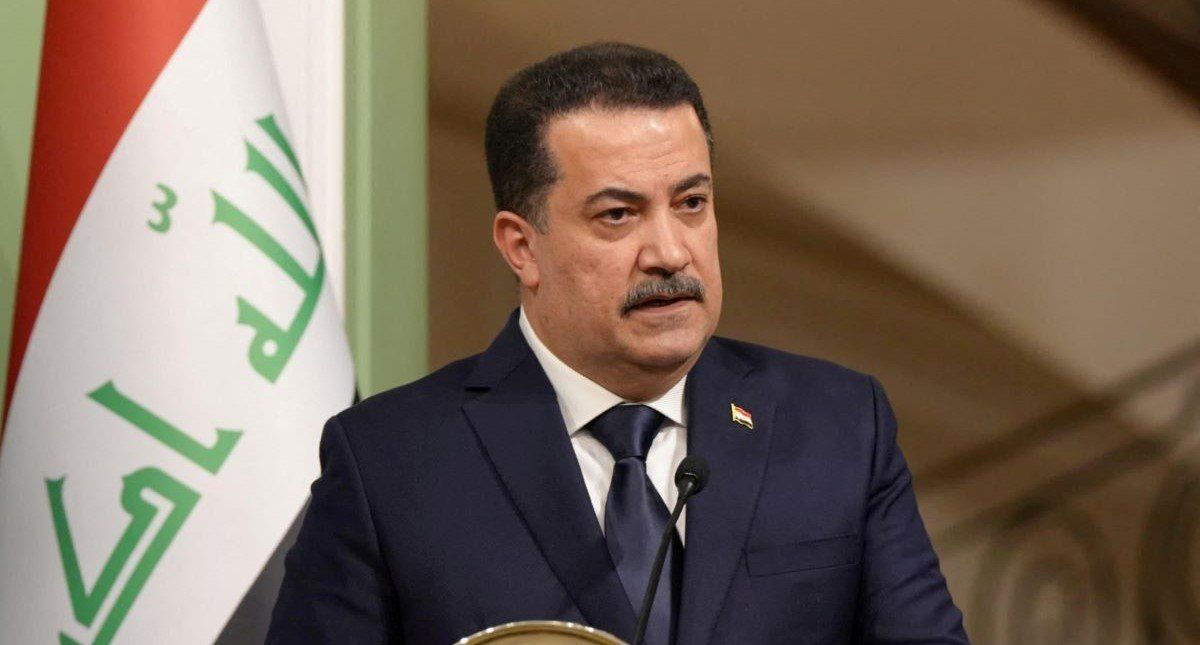The militia commanders also said that the Iran Revolutionary Guard Corps, their prime supplier of weapons and money, had agreed to let local group leaders inside Iraq decide how best to respond to Trump’s threats. They are also reportedly mindful that the aggressive Israeli attacks in the region – particularly against Hezbollah in Lebanon, Houthi rebels in Yemen and the Red Sea, and in Syria – have forced militia groups to avoid conflict.
Though these militia moves are more likely a tactical retreat than a true surrender, any move to disarm would give the Trump administration a notable foreign-policy victory without an attack. The so-called Islamic Resistance in Iraq, a group of about 10 heavily armed Shia militias with a total of 50,ooo fighters and access to heavy weapons, including long-range missiles, has attacked both Israeli and US military targets in the past.
It’s also a significant possible loss for Iran, which has seen its most powerful regional allies – Hezbollah, Bashar Assad’s government in Syria, Hamas, and Houthi rebels – take beatings in recent months.
